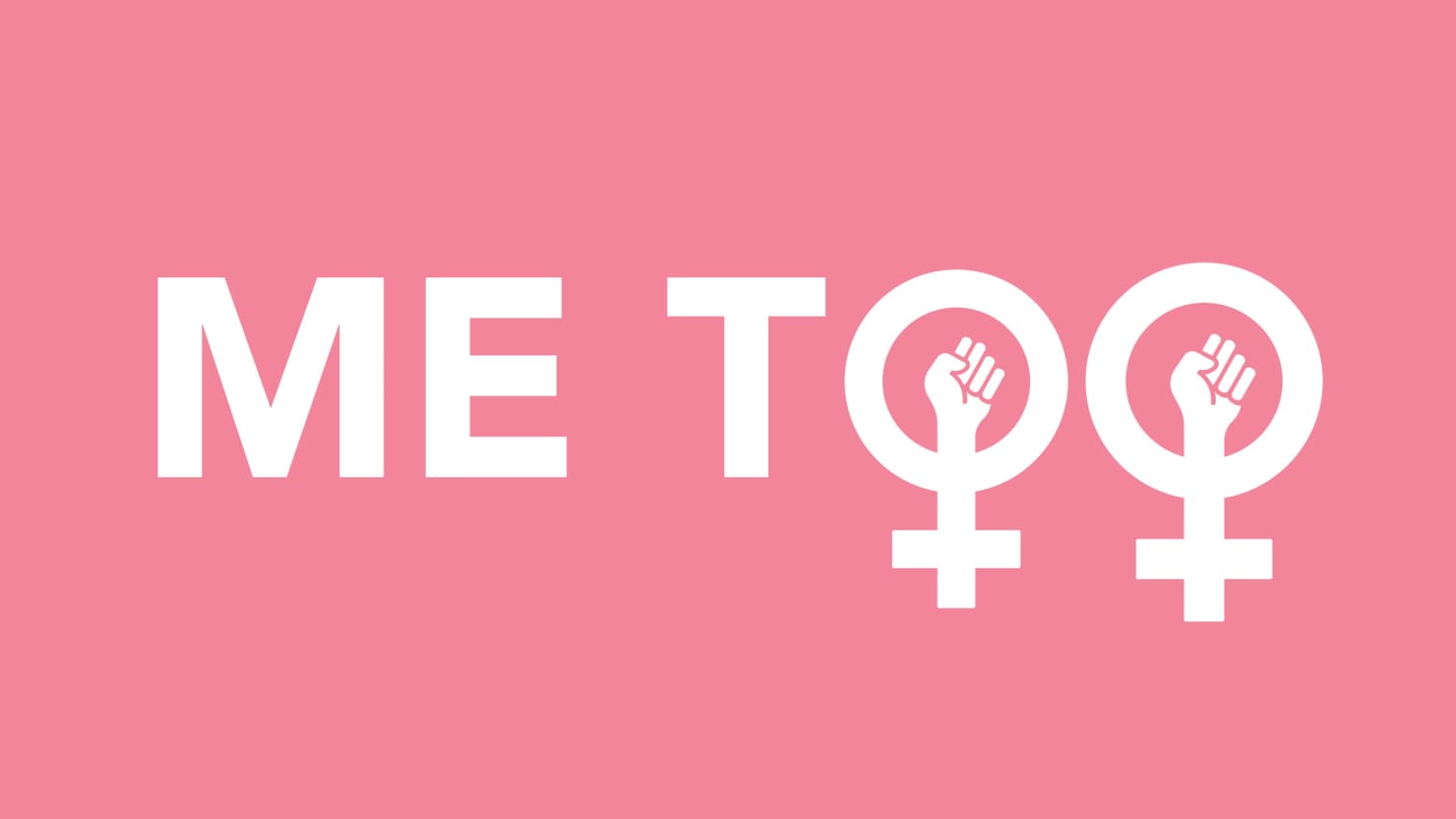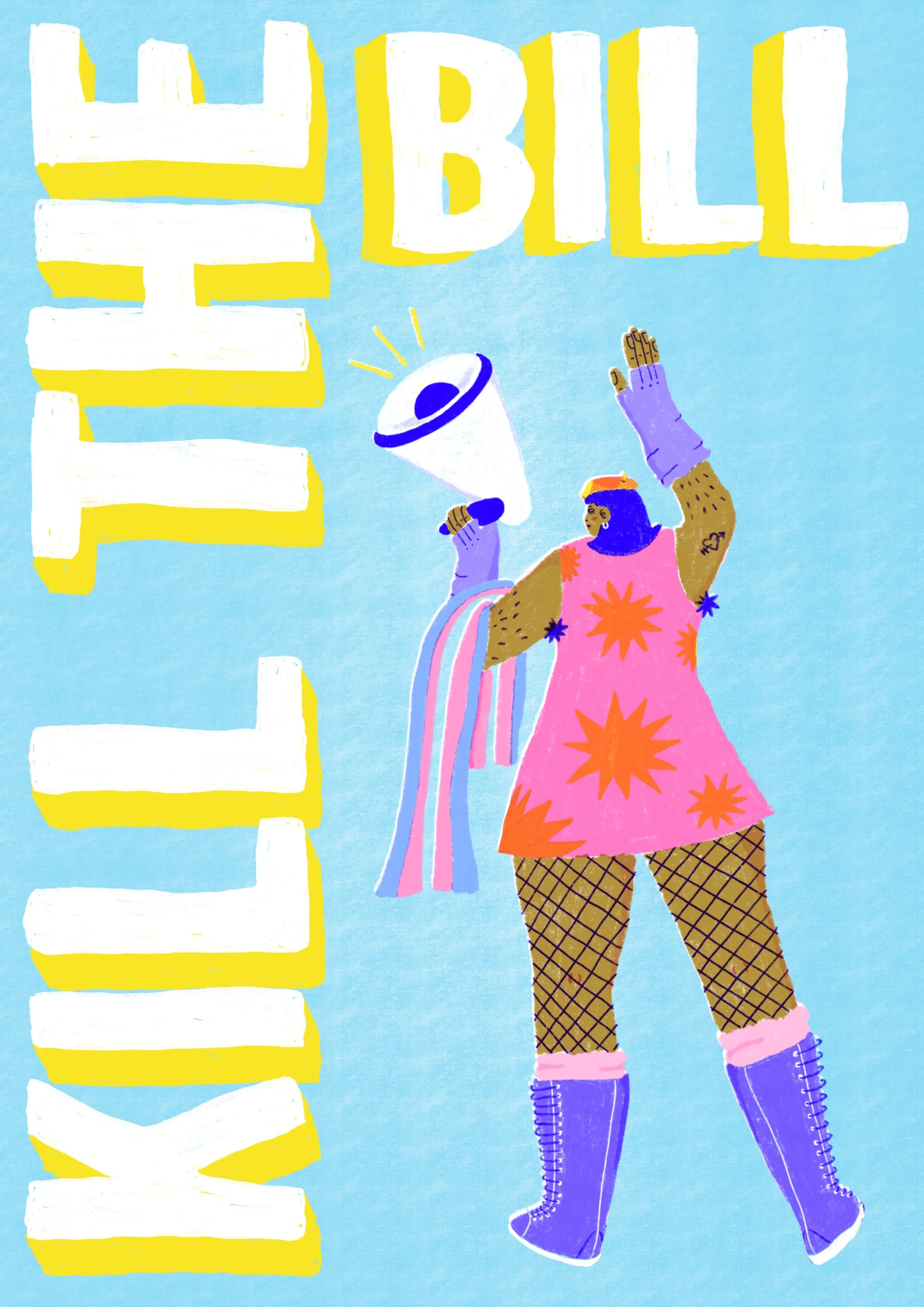How to Cope When Everyone is Offended
In the wake of #MetToo media controversy caused by rising numbers of sexual harassment allegations, people are responding with variations on the same question… Are men even allowed to talk to women anymore?
Millennials are shocked by having discovered how problematic some of the humour in Friends is, actors are being criticised for continuing to work with Woody Allen, and 100 prominent French women have signed an open letter defending men’s ‘right to bother’ women as a means of flirting.
For some, it’s outrageous that we would be asked to modify our behaviour because of some perceived offence it has caused, or that people should be protected from the expression of provocative views in their place of work or study.
Oxford vice-chancellor Louise Richardson was famously quoted as having defended a homophobic professor at a Times Higher Education World Academic Summit last year.
“I’ve had many conversations with students who say they don’t feel comfortable because their professor has expressed views against homosexuality… And I say, ‘I’m sorry, but my job isn’t to make you feel comfortable.’ Education is not about being comfortable.”
Supporters of Richardson would argue that exposure to people and content that we disagree with is important - even good for us. However, the proponents of harmful views towards women and minorities never seem to accept having their opinions challenged. Instead, it’s the snowflakes and avocado-eaters, the witch-hunters and safe-space demanders who are told, time and again, to stop being so sensitive.
Venture ‘below the line’ (i.e. into the responses on online articles and social media threads) and you’ll find plenty of sensitive egos trashing #MeToo or the Time’s Up Campaign. It seems that amid the rising chants of wronged women, another outraged voice can be heard. It belongs to those troubled by the recent flood of stories around sexual harassment, not because of the culture of sexual violence towards women that has been revealed, but because the outrage at this culture threatens their own normalised behaviours.
Men and women alike hark back with longing to the days when such behaviour was unchallenged, when people were ‘tougher’, and jokes were just funny...
Except it has never actually been funny, has it? The sexism, racism, homophobia, sizeism and ableism of pop culture has always been offensive to those being poked fun at. What’s different now is that we have more of an online platform than ever before, where we can call out harmful behaviour and connect with others whose experiences are similar to our own. We have all been challenged by the realisation that our familiar ways of thinking have become unacceptable, whether we’ve been the one using ableist slurs or making fat jokes, or simply the people laughing along to them.
When we roll our eyes at the ridiculousness of having our favourite phrases revealed for any number of offensive ‘isms’, it’s because we’ve never been damaged by the structures of injustice that those phrases help to perpetrate. It’s time to accept the fact that just because we don’t experience something, it doesn’t mean it doesn’t happen. So when someone says, “Hey, it makes me uncomfortable to hear rape jokes told by the US President because of our long history of systemic oppression of women’s rights and gendered sexual violence”, don’t for one minute think that we should leap to protect that President’s “freedom of speech”.
“The only purpose for which power can be rightfully exercised over any member of a civilized community, against his will, is to prevent harm to others”
The fact is, our right to free speech is not absolute. When our ‘opinion’ is harmful to someone else - guess what? We can absolutely keep it to ourselves. It’s unjust and nonsensical to protect the free speech of one individual while denying those harmed by their words the right to express disagreement.
Yes, we will continue to make mistakes and come under scrutiny for offending others, especially as users of online platforms. Yes, our favourite TV shows from the past won’t age well when it comes to social change. It’s OK to make mistakes, and to acknowledge where we’ve gone wrong previously. What’s not OK is denying someone else’s emotional experience (aka gaslighting) and contributing to the systemic silencing of women and minorities.
Our right to free speech can co-exist with our right to be offended. What’s more, allowing for people to have different experiences from our own in no way denies us any of our freedoms. Making space for these underrepresented voices can only serve to diversify the art and media we consume, and create a culture that is richer for it.
So, if you’re struggling to cope because your favourite pastimes are under fire, then take it from me… there are other films you can watch besides Woody Allen ones, Friends has plenty of hilarious moments when it’s not ridiculing fat or homosexual people (or ignoring the existence of people of colour all together), and trust me, in 2018 a man will still be able to approach a woman without being called a sex pest… provided he can handle it graciously if she exercises her right to free speech and tells him to piss off, of course.
Title image sourced via @drawnbymary





